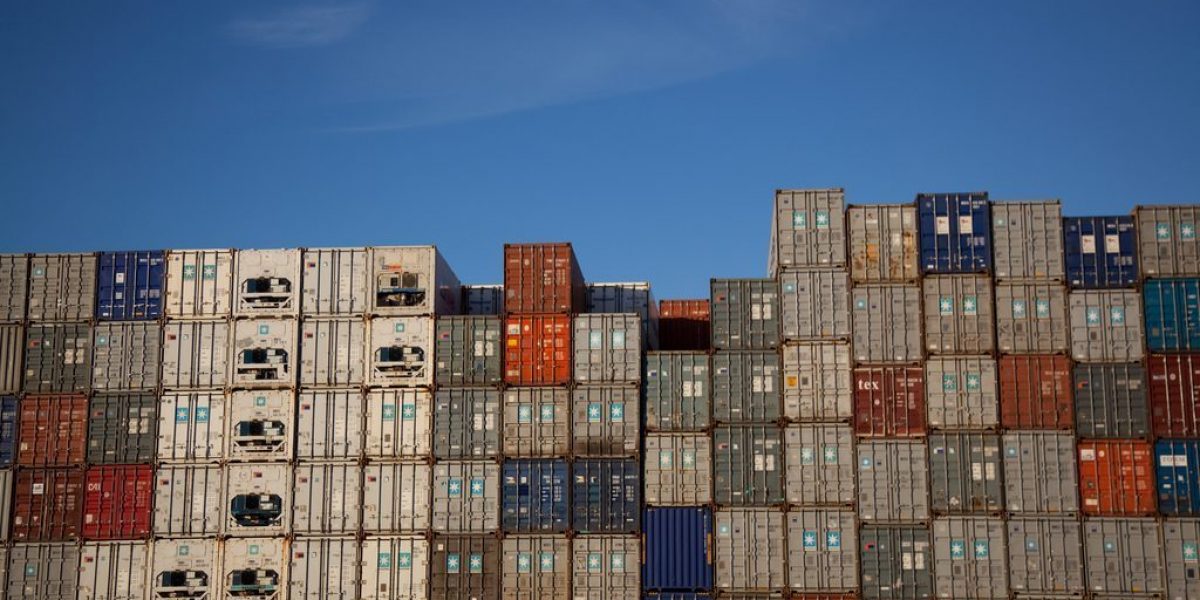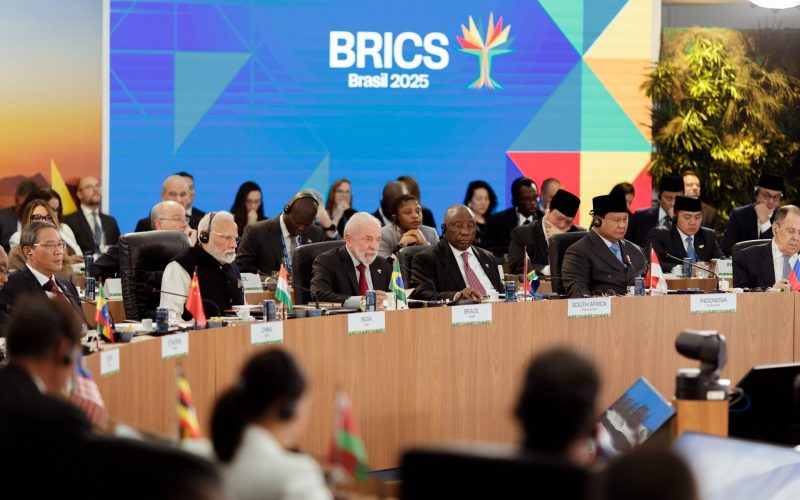The future is uncertain, but if the past is prologue, South African trade policy needs to be positioned for a continuation of the commodity cycle, and to exploit markets in emerging economies, including Africa, more fully. Simultaneously, it needs policies to spur labour-intensive services and manufacturing exports, both because these will be needed if commodity markets are less robust and because of their employment creating potential. South Africa’s current strategy, however, is inflexible, heavily focused on domestic concerns and has the danger of placing South African exporters at a disadvantage in accessing the growing emerging economies. It also gives rise to an inherent tension between the interests of South Africa and the African region in trade negotiations. Having as the central tenet of trade policy a commitment to deal with tariffs on a case-by-case basis will not serve South Africa well in the global economy that is likely to emerge over the next fifteen years. A simpler tariff structure would facilitate the conclusion of free trade agreements and actually make industrial policy more effective.








